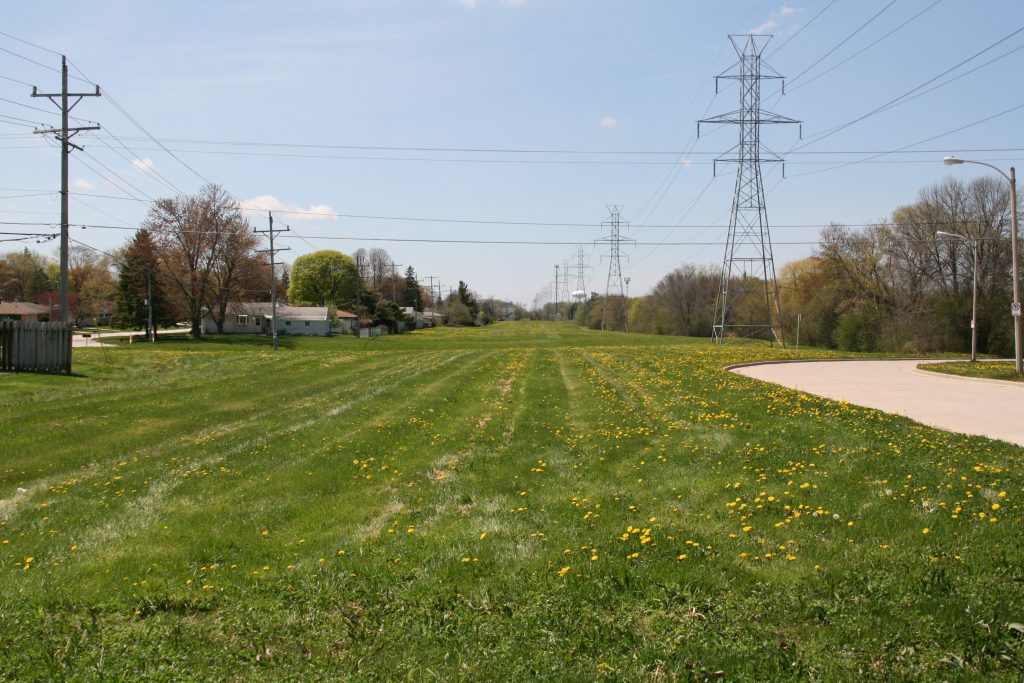After North Carolina Attack, Wisconsin Utilities Say They’re Prepared
Two electrical substations in NC were knocked offline by gunfire, cutting service to 45,000 customers.
Some of the state’s largest utilities say they’re prepared to respond to physical attacks on their facilities after a recent incident in North Carolina where substations were hit by gunfire, leaving thousands without power.
A targeted shooting at two Duke Energy substations by one or more people damaged equipment and left more than 45,000 customers without power on Saturday. Thousands remained without power until the company repaired damaged equipment and gradually restored power Wednesday.
We Energies serves more than 1.1 million electric customers in Wisconsin. Brendan Conway, the utility’s spokesperson, said it focuses extensively on the security of critical infrastructure whether it involves a physical or cyberattack.
“We’ve actually done training pretty regularly on similar scenarios to what happened in North Carolina,” Conway said. “Obviously, we’re going to invest a lot of time and efforts to make sure we can prevent those attacks. But, if they were to happen, we also spend a lot of time planning and preparing to make sure we can respond as quickly and safely as possible.”
He said they hold trainings at least twice a year on such scenarios. The utility also takes part in GridEx, which is the largest grid security exercise in North America. The North American Electric Reliability Corporation hosts the exercise every two years to practice response to physical security incidents.
Conway said the utility also incorporates security measures that include high, barbed-wire fencing and 24-hour monitoring of substations or power plants while working with local, state and federal law enforcement.
Burying critical transmission lines is one method to make the grid less vulnerable, according to Vicki Bier, an energy expert and professor emerita in industrial engineering at the University of Wisconsin-Madison.
“But, that again, is expensive and not something we want to do every place all across the country,” Bier said. “Maybe just a few places might justify that kind of investment.”
Bier said it would likely take insider-level knowledge of the power grid to have a high likelihood of success on a larger scale than the incident in North Carolina. Federal documents obtained by one media outlet indicate other attempts to disrupt Duke Energy substations that authorities say likely involved inside knowledge of critical substations. She noted one of the largest threats facing the grid is that it’s spread out.
“There are not a small number of critical electric facilities where after you’ve protected those, the risk is really small,” Bier said. “There’s a very wide range of facilities and all pose potential risk.”
Constructing steel or concrete walls around substations or securing more spare equipment can help mitigate risks, but that also poses additional costs for items that may not be heavily utilized. Bier also noted it may be difficult to guard against attacks without knowing the motivations behind them. At a minimum, she said it makes sense for utilities to take stock of equipment that’s most critical.
“We are closely following recent events, such as the incident in North Carolina, to understand these incidents and what potential threats like them mean for energy systems across the country,” said Chris Ouellette, spokesperson for Xcel. “We’re always working with industry and government partners as security threats, cyber and physical continue to evolve. Our focus is keeping the public and our employees safe at all times.”
Wisconsin Public Service, or WPS, provides power to around 457,000 electric customers in northeastern and central Wisconsin. Matt Cullen, WPS spokesperson, said they also conduct training to prepare for physical attacks and work closely with law enforcement.
“I’m not aware of any situation similar to what has happened in North Carolina during my time with our company that has affected our facilities and our equipment,” Cullen said. “I think another important thing to point out is that these types of crimes are significant, and they carry severe penalties.”
In Wisconsin, anyone who damages or trespasses on an energy provider’s property with an intent to disrupt service faces a felony charge that carries a penalty up to six years in prison or a maximum fine of $10,000.
Listen to the WPR report here.
Wisconsin utilities prepare for attacks like the one in North Carolina that left thousands without power was originally published by Wisconsin Public Radio.






















Domestic terrorism?
The penalty currently on the books seems to be resoundingly small.
We are in fact, dealing with domestic terrorism and the penalties need to be amended to reflect that.
In other words, treason charges.